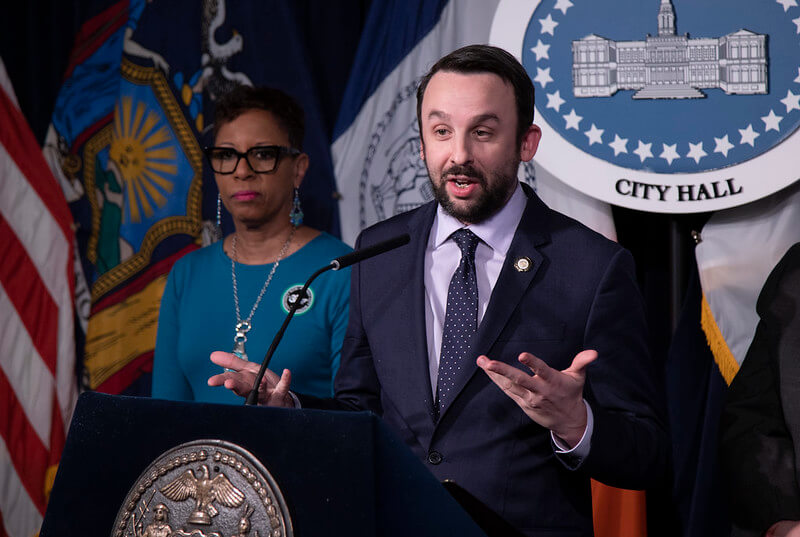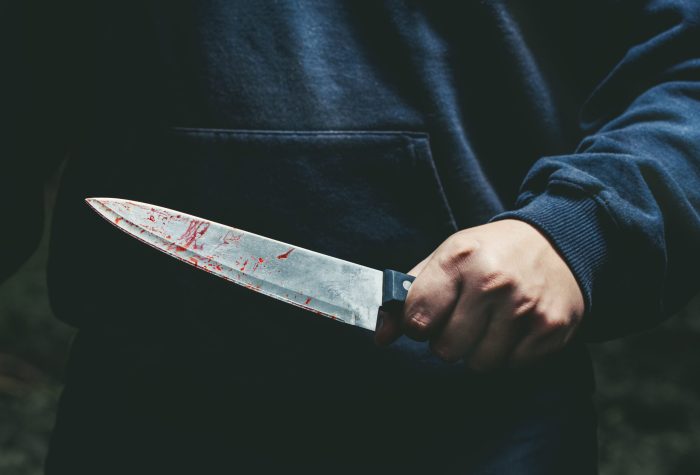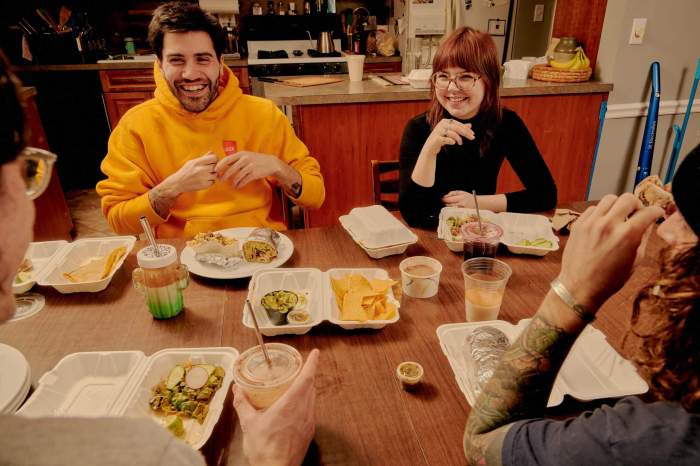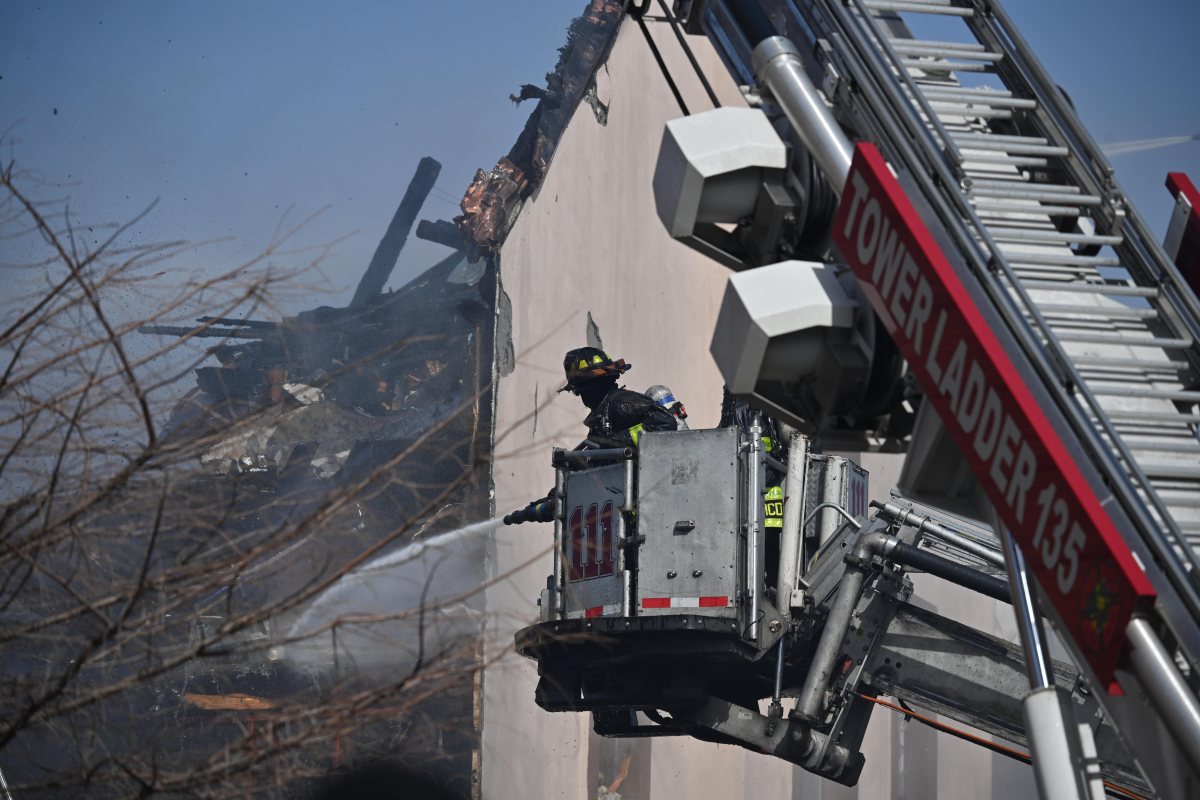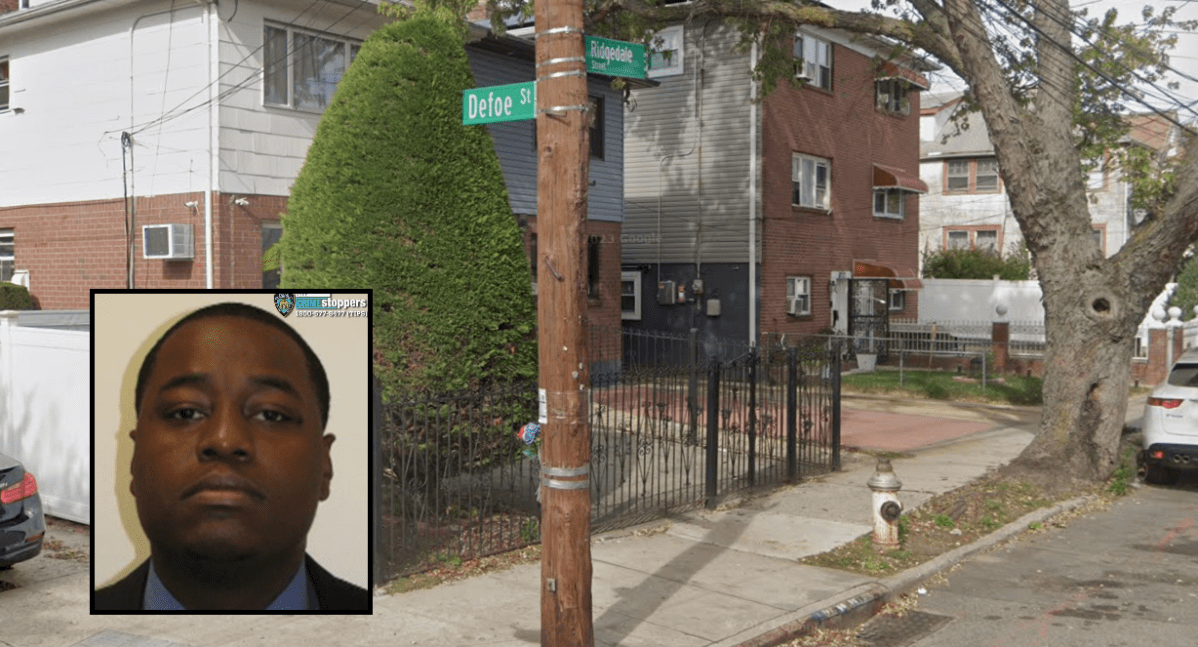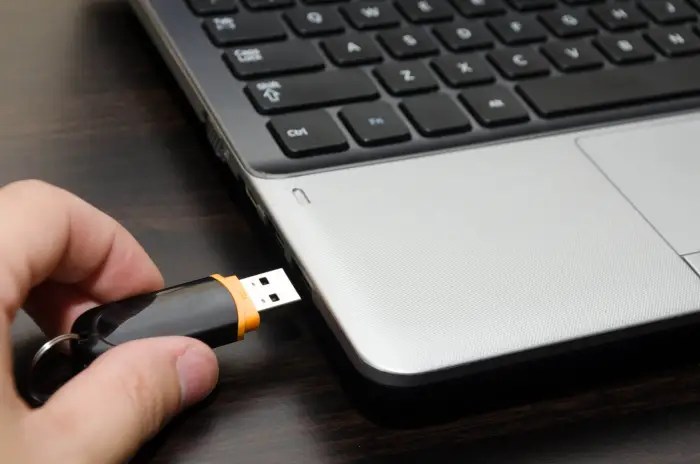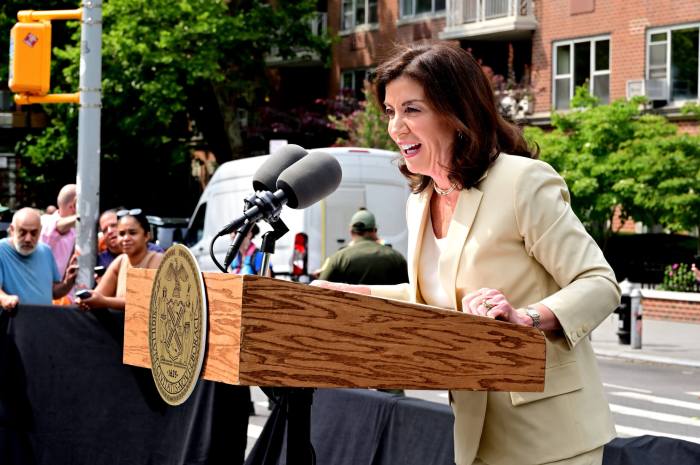Amid a major uptick in fires sparked by second-hand, lithium-ion batteries for e-bikes over the past year, City Council Majority Leader Keith Powers will introduce bills Thursday aiming to help the public get rid of the faulty devices.
The legislation would create a buy-back program for the second-hand power cells and require that delivery apps equip their workers with fire-proof containers to stop blazes from spreading.
Powers — a Democrat who represents parts of Manhattan’s East Side — shared the details of the two bills first with amNewYork Metro, ahead of the March 2 council Stated Meeting.
The council member said he was inspired to take on the issue after a massive fire in a Midtown high-rise, sparked by five e-bikes being charged there, which injured more than 40 people in his district late last year.
“We’re facing a crisis right now in the city when it comes to safety around lithium ion batteries,” Powers told amNewYork in an interview.
“We’re seeing it across the city, including my district, a major uptick in fires, that’s putting residents in danger,” he continued. “And we see some common sense steps that we can take to get us away from the unlicensed, unregulated, market and moving towards a much safer environment for people who rely on these bikes to work or to get around the city.”
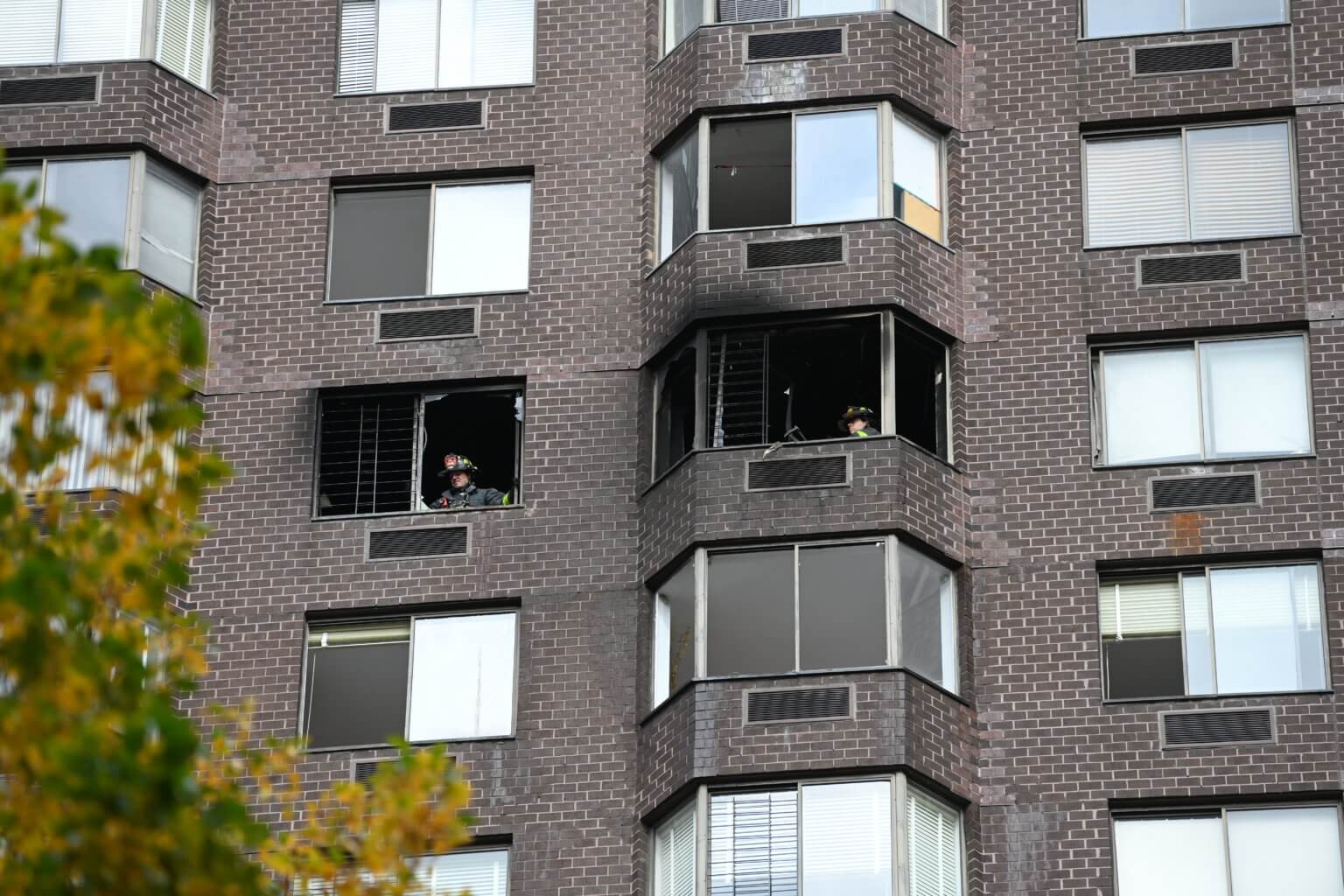
The inferno-starting lithium ion batteries, which power the e-bikes and scooters used by most food delivery workers, have already been linked to 22 fires so far this year, FDNY Commissioner Laura Kavanagh said during a public safety briefing last week, which have caused 36 injuries and two deaths. The frequency of the battery-associated fires is four times higher than this time last year.
In 2022, the FDNY said battery fires led to the deaths of six people and injured at least 140 more, as of last November.
The batteries connected to the blazes are often uncertified and are used, reassembled, damaged or poorly made. Delivery workers, who on average make below the minimum wage, often buy second-hand batteries because those that are certified can cost up to $1,000.
The first bill aims to address this by establishing a buy-back program — to be run by the FDNY, Department of Sanitation (DSNY) and Department of Consumer and Worker Protection (DCWP) — that would allow the owners of faulty batteries to trade-in their defective power packs for certified ones at little to no cost.
Powers said the idea for the program is popular with advocates looking for ways to get illicit batteries off the streets and out of apartment buildings without inadvertently hurting the livelihoods of delivery workers.
“This would give people an incentive to take the bad ones off the market and exchange them for legal ones that are more safe,” the council member said.
It’s also a way to buy time, Powers said, while the council works to implement separate legislation that would require unlicensed batteries to be certified by a nationally recognized testing laboratory, which passed the chamber along with several other bills on Thursday.
“In the meantime, you have all these people who are driving around with unlicensed batteries,” Powers said. “We still know there’s gonna be a period of time where people are going to sell them and there’s gonna be a black market. And so how do we address that? We create a legal market where they can trade those in.”
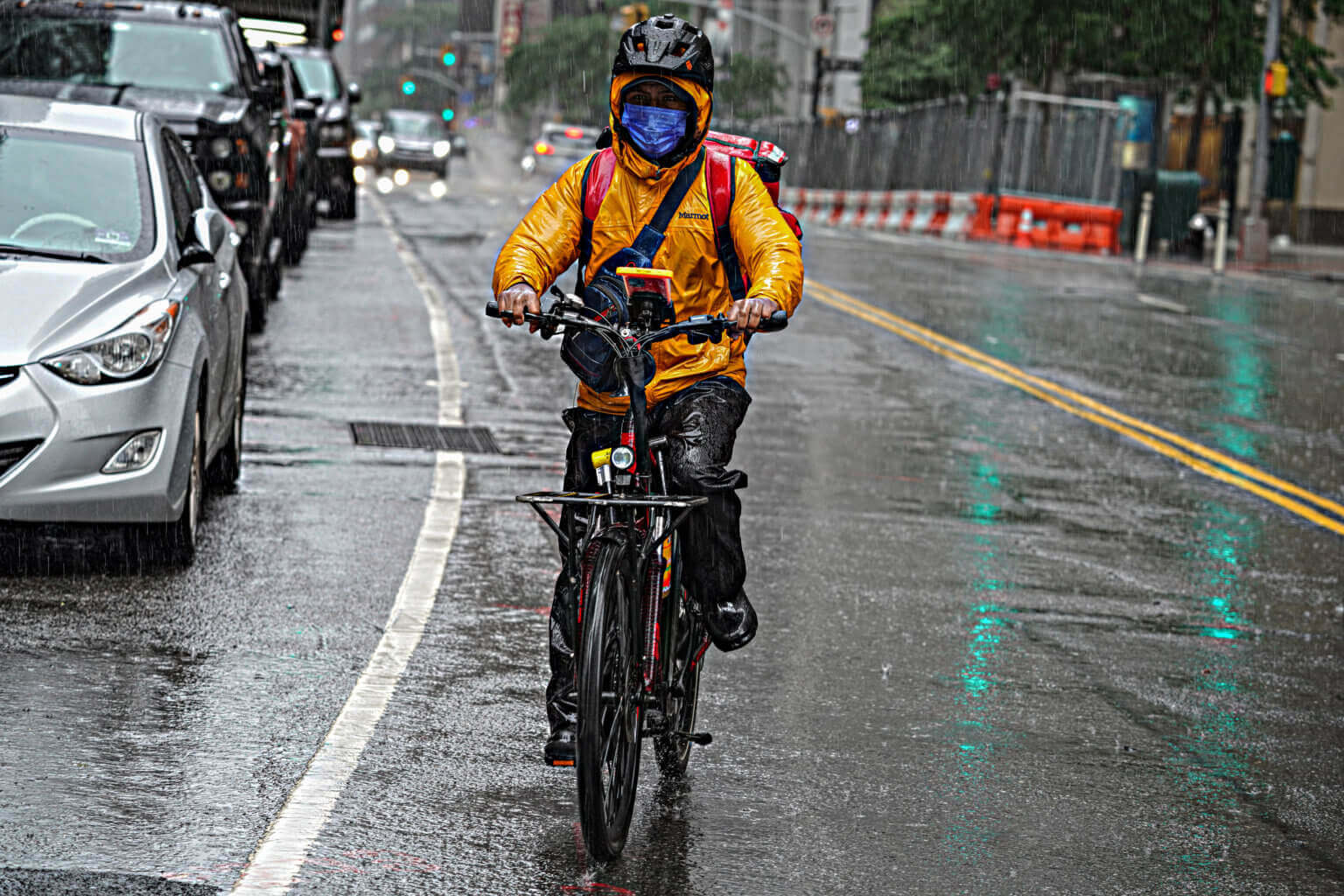
The buy-back model would be similar to the NYPD’s “Cash for Guns” program, where New Yorkers can turn in their firearms for $200 without having to identify themselves or answer any questions from the cops, a spokesperson for Powers said.
Powers’ office hasn’t yet worked out if e-bike owners would get cash, like the NYPD program, or a licensed battery in exchange for their off-market batteries. But the bill is written in a broad manner, Powers’ spokesperson said, which will allow the council member and his colleagues to hash out the details in collaboration with advocates in the weeks ahead.
The funding mechanism for the legislation also still has to be worked out, Powers’ spokesperson said, but the city could end up asking the delivery apps — like Grubhub and UberEats — to pay for it. A spokesperson for Uber, said in an email that the cost would be borne by consumers due to a 2021 council law that caps fees delivery services can charge restaurants at 15%
That funding mechanism will also likely power the second bill, which would require third-party delivery apps to provide their workers with fire proof containers for charging the batteries overnight.
Although the details of that bill also still have to be figured out, Powers said the containers could be made available to delivery workers, who often work for multiple apps at once, at central locations where they can be picked up.
“We have to establish rules to make sure that they’re readily available and made accessible and perhaps even have a central point for them to pick those up,” Powers said. “But this is going to be part of the conversations after we introduce the legislation.”
This could be based on the model the council used for requiring the apps to give their workers insulated bags a couple of years back, Powers said.
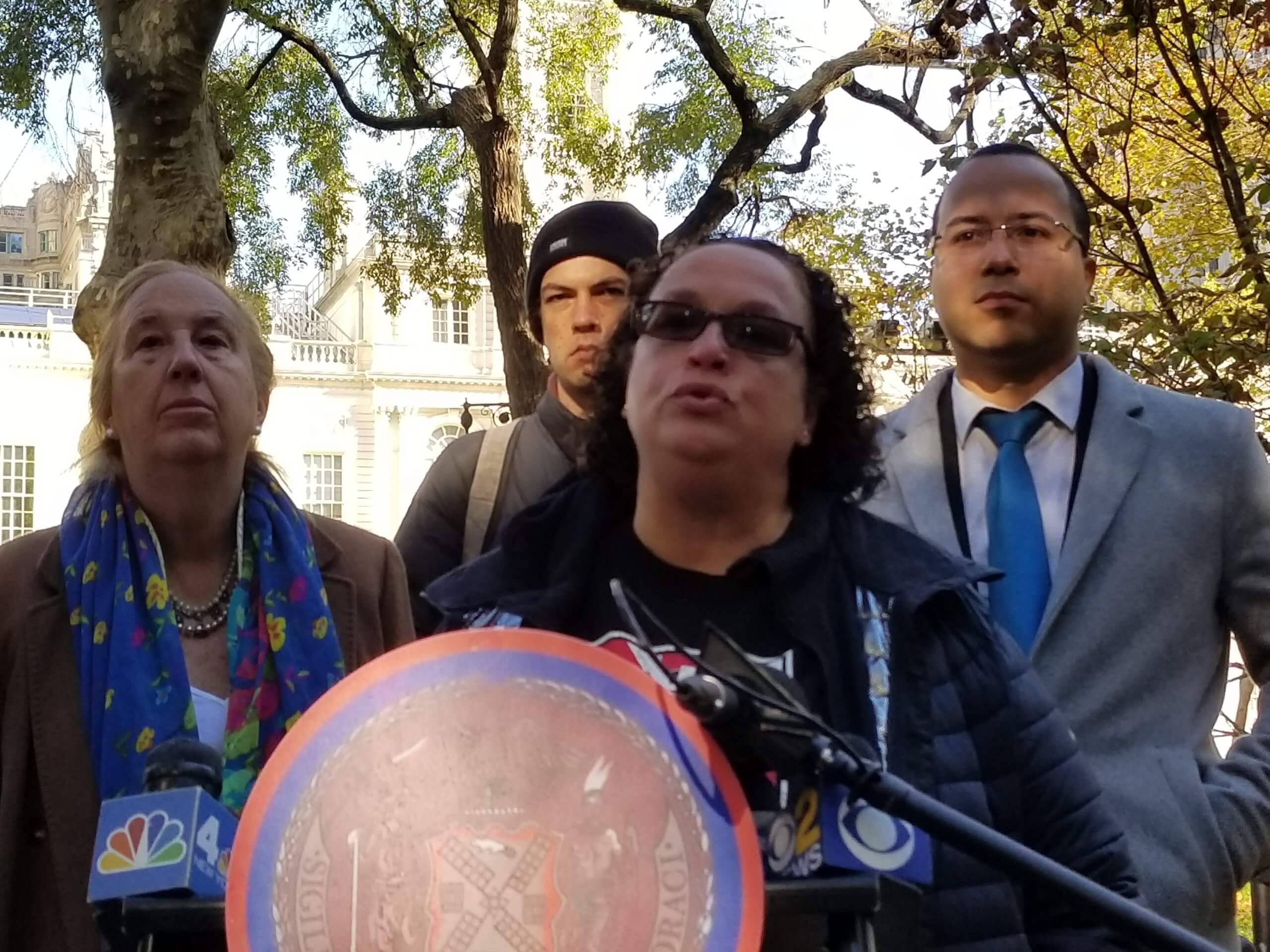
Gustavo Ajche, the leader of Los Deliveristas Unidos, told amNewYork Metro that he’s supportive of the buy-back program bill, especially considering the financial burden on delivery workers that could come with the bill to outlaw uncertified batteries.
“It’s going to be hard for workers to switch to this [certified] battery, so we have to create programs to support the workers because it’s a lot of money,” Ajche said. “It’s a lot of unsafe stuff on the street now, so we have to work together to stop that.”
This story was updated with comment from an Uber spokesperson at 2:33 p.m. on March 2, 2023.



